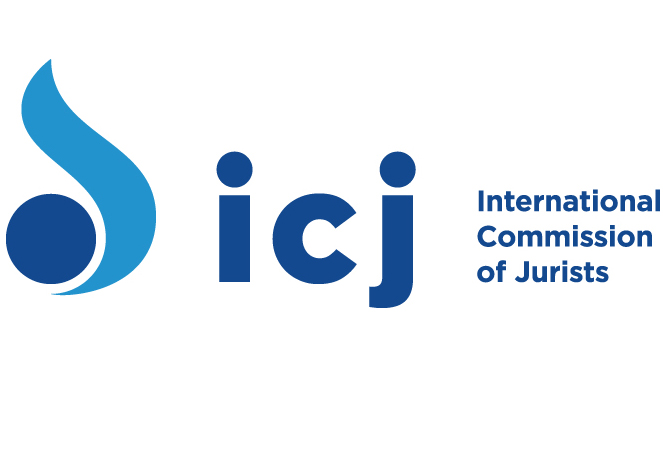The ICJ expressed its deep concern to the Syrian authorities regarding Haythem Al-Maleh, the Director of the Human Rights Association who will face a trial before a military judge on 18 January 2003.
The charges against him include establishing a human rights association without permission, disseminating false information, and publishing articles which advocate sectarian strife. This is the ICJ’s second intervention to the Syrian government regarding Mr. Al-Maleh.
H.E. Mr. Bashar al-Assad
President of Syrian Arab Republic
Presidential Palace
Damascus, Syrian Arab Republic
Dear Sir,
This letter is a follow-up to the one we sent you on 31 July regarding Mr. Al-Maleh, a lawyer and the Director of the Syrian Human Rights Association who was disbarred, in absentia, for three years by the Damascus Lawyers Disciplinary Council – a body which is not independent or impartial as the Ministry of Justice maintains supervisory authority over it. In our letter, we also expressed our grave concern that Mr. Al-Maleh had received a notice to appear before the Syrian Military Prosecutor for an investigation. To date, we have not received a response to this letter and attach a copy of it hereto.
We are furthermore alarmed to learn that on 27 August the Syrian military judiciary summoned Mr. Al-Maleh and three other defendants to appear for a trial on 18 January 2003 at 9:00 am. Mr. Al-Maleh is charged with:
1) Establishing a human rights association without the approval of the Ministry of Social Affairs and Labor;
2) Publishing a magazine, “Tayarat”, in Lebanon and distributing it without permission in Syria;
3) Disseminating false information;
4) Joining a political association having an international character without governmental permission; and
5) Publishing printed material which advocates sectarian strife and stirs disorder among people.
As we indicated in our previous letter to you, pursuant to Article 14 (1) of the Covenant on Civil and Political Rights, to which Syria is a party, “everyone shall be entitled to a fair and public hearing by a competent, independent and impartial tribunal established by law.” The military judiciary, outside of its ordinary jurisdiction over infractions by military personnel, plainly does not constitute a competent, independent and impartial tribunal. In this regard, we would note that the United Nations Human Rights Committee, in its concluding observations of 24 April 2001 on the report submitted by Syria, expressed concern as to the numerous allegations it had received “that the procedures of military courts do not respect the guarantees laid down in article 14 of the Covenant.” (UN Doc. CCPR/CO/71/SYR, para. 17).
Furthermore, Mr. Al-Maleh’s trial by a military tribunal would be in contravention of the 1990 UN Principles on the Role of Lawyers which state that,
Disciplinary proceedings against lawyers shall be brought before an impartial disciplinary committee established by the legal profession, before an independent statutory authority, or before a court, and shall be subject to an independent judicial review (Art. 28)
We ask your Government to review the situation of Al-Maleh with a view to ensuring that he is able to practice his profession without harassment. In particular, the ban on Mr. Al-Maleh’s disbarment should be lifted and the charges against him before a military tribunal should be dismissed.
Yours faithfully,
Louise Doswald-Beck
Secretary-General
cc: Mr. Nabil al-Khatib
Minister of Justice
Al-Nasr Street
Damascus, Syrian Arab Republic
Fax: 00 963 11 224 62 50
cc: Muhammad Harba
Minister of Interior
Merjeh Circle
Damascus, Syrian Arab Republic
Fax: 00 963 11 222 34 28
cc: Mr. Nasser Qaddur
State Minister for Foreign Affairs
Ministry of Foreign Affairs
Al-Rashid Street
Damascus, Syrian Arab Republic
Fax: 00 963 311 332 06 86
cc: H.E. Ambassador Dr. Toufika Salloum
Permanent Mission of Syrian Arab Republic
to the UN Office in Geneva
Rue de Lausanne 72
1202 Geneva




